The Coordinator of Adult Life and Active Aging at Down Madrid, Jorge González, shares his experience with NeuronUP and the opportunity that telerehabilitation represents for both professionals and users.
Down Madrid’s work
The Down Syndrome Foundation of Madrid is an organization that supports a little over 1,300 people with intellectual disability of all ages and their families.
Services and areas of activity
To that end it has the following services and areas of activity:
- Early Intervention Center,
- Family School Program,
- two Special Education schools, an Occupational Center,
- a Volunteer Service to support people with intellectual disability to volunteer in other organizations.
- a Program for the Promotion of Independent Living,
- Leisure, Sports and Culture Service,
- Training and Support in Information and Communication Technology,
- Psychological, Speech Therapy and Psychopedagogical Intervention,
- FOCUS Program (post-compulsory education),
- Employment Support Service
- a program supporting Adult Life and Aging.
How Down Madrid works
Cognitive training is one of the pillars of our interventions. Over more than 30 years, we have used and continue to use different formats and exercises that help us work on cognitive functions.
Attention, orientation, memory, executive functions, language, social cognition, visuospatial skills are abilities we work on daily with participants. And we work on them in different “ways”: group, individual, with worksheets, with games, with everyday life proposals, challenges…
NeuronUP and Down Madrid
In March 2020 we incorporated NeuronUP into our tools and ways of working at Down Madrid.
The lockdown boosted telerehabilitation
The lockdown caused by the health crisis served as a catalyst for us to adopt it. Participants could not attend their usual services in person and NeuronUP is a tool that adapts very well to the “tele-intervention”. The satisfaction of participants, their families and the professionals who used NeuronUP during this period was very high. It allowed us to work on cognitive functions and some academic skills in a very appropriate and personalized way. And, furthermore, we could do it in an enjoyable way, which led participants to have good adherence to the intervention.
Down Madrid today
Since September 2020 the majority of Down Madrid participants have been attending their usual centers and services. We continue working with NeuronUP, but right now we are offering the intervention programs at the centers.
We have developed a gradual implementation program for the tool with the aim of reaching all services. Currently, participants from the schools, occupational center, employment training, intervention, adult life and aging are working with this tool.
The experience of working with NeuronUP
From our experience, we mainly highlight the large number of different activities available, the wide range of cognitive functions that can be worked on, the possibility to individualize each intervention and, above all, that it is attractive and entertaining for participants. Without motivation there is no learning.
Since we began working with it, we have observed high motivation in the use of the tool among those who use it.
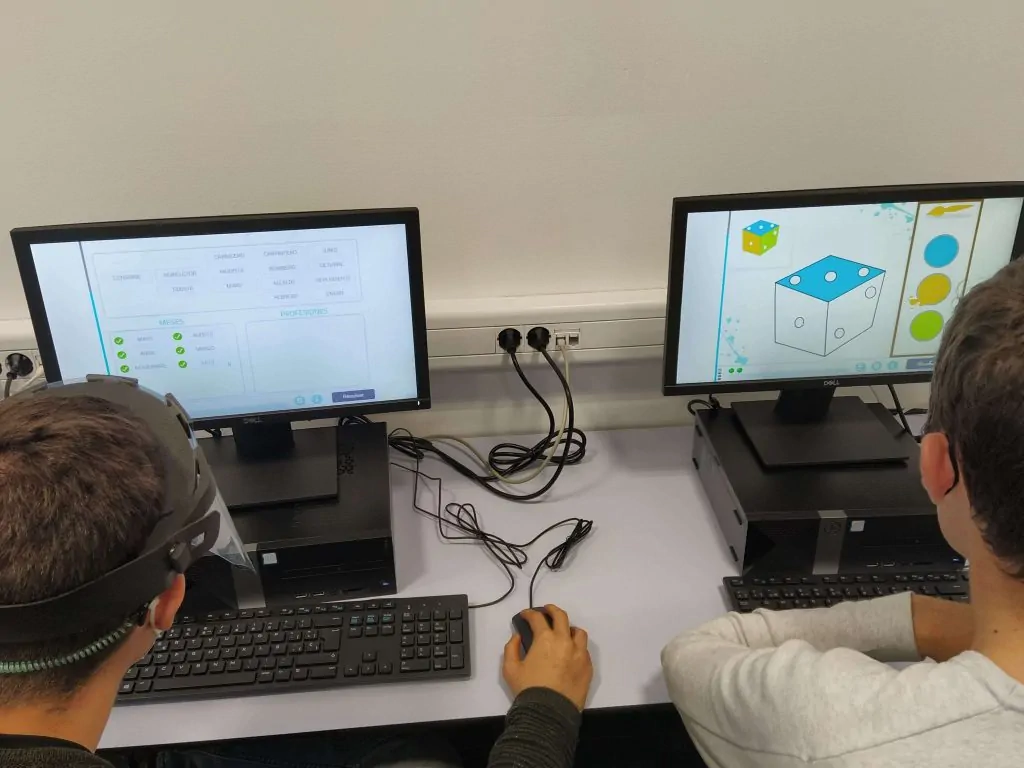
Flexibility for users and professionals
Although the vast majority of participants work with the tool at the centers they attend, there is a group who are doing the sessions from home with NeuronUP2GO, NeuronUP’s at-home sessions.
These are people who, being at-risk population, have not yet been able to return to in-person activities. By having incorporated NeuronUP, people who cannot attend the centers carry out from home the same sessions that their peers do at the centers.
Other people also using this modality are those who, for various reasons, require greater emphasis on cognitive training. In a city as large as Madrid it is very complicated to attend in-person treatment several times a week at Down Madrid centers. Therefore the possibility of receiving this treatment from home becomes especially useful and positive.
A great advantage is being able to propose and monitor interventions from the center, so that participants do not need to come and can participate from home. One of the profiles where we are developing this telerehabilitation modality the most is with older adults. In many cases they have great difficulty physically attending our centers and it is a group in which cognitive training is especially important. Participants, their families and we as professionals are very happy with this way of working.
How to carry out an effective intervention
As with any intervention modality, a good initial assessment of the participant is essential, allowing us to detect the areas that require more work as well as the strengths.
The vast majority of sessions are carried out by the participant at home, but we have found it positive to include some in-person sessions with the professional throughout the intervention.
We use these sessions to resolve doubts, observe some difficulties and strengths that we do not detect with telerehabilitation and to create or strengthen the bond between the participant and the therapist. In short, to be able to further personalize treatments and improve our intervention.
If you liked this article about Down Madrid’s experience with telerehabilitation and NeuronUP, you may also be interested in the following articles:
“This article has been translated. Link to the original article in Spanish:”
Down Madrid cuenta su experiencia con la telerrehabilitación
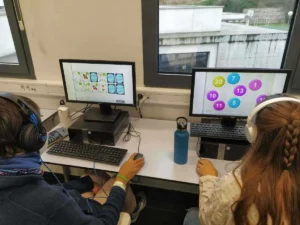

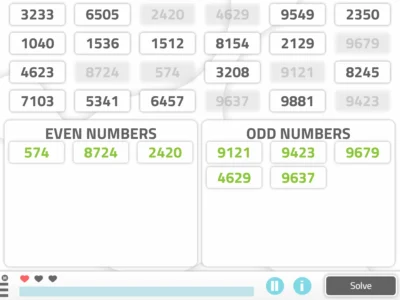

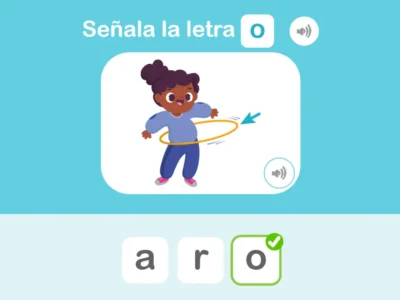
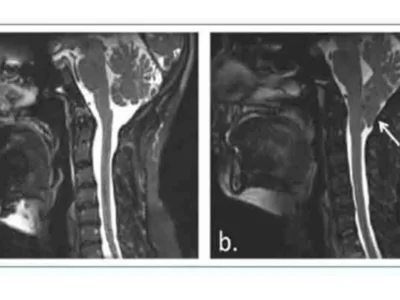
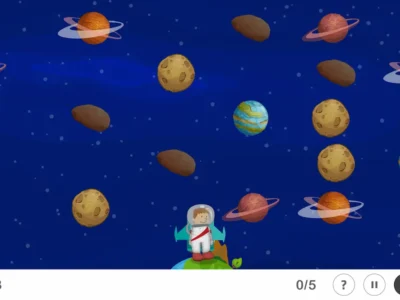
 Specific Language Disorder (SLD) and NeuronUP
Specific Language Disorder (SLD) and NeuronUP
Leave a Reply